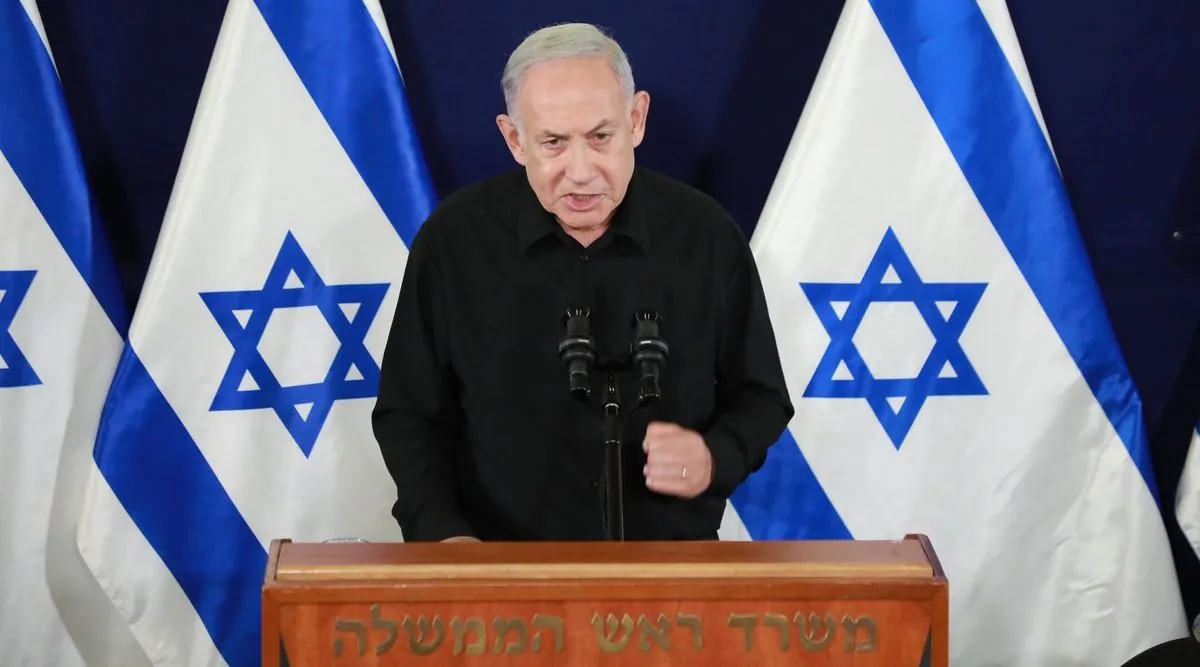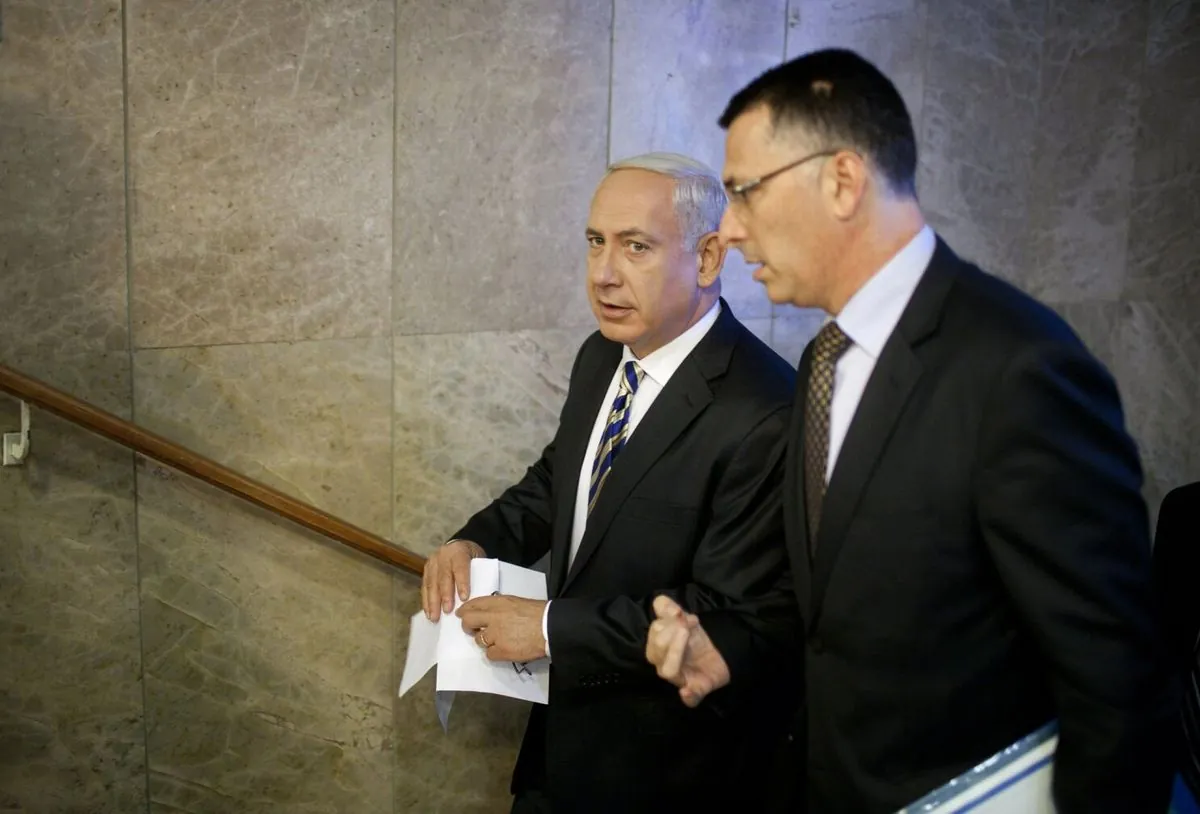Netanyahu's Political Resurgence Amid Escalating Middle East Tensions
Israeli PM Benjamin Netanyahu's approval ratings improve as conflict expands. Recent developments, including Iranian missile attacks and operations in Lebanon, reshape regional dynamics and raise questions about long-term peace prospects.

In a surprising turn of events, Benjamin Netanyahu, Israel's long-serving Prime Minister, has experienced a political resurgence amidst escalating tensions in the Middle East. Despite initial predictions of his downfall following the October 7, 2023 attack by Hamas, Netanyahu has managed to consolidate his position and improve his approval ratings.
The recent Iranian missile attack on Israel, which occurred on April 16, 2024, marked a significant escalation in regional tensions. This attack, involving nearly 200 missiles, was largely intercepted by Israel's defense systems. It came in response to Israel's intensifying operations in Lebanon, where Israeli forces had been targeting Hezbollah, a Lebanese Shiite Islamist political party and militant group founded in 1985.
Netanyahu's political fortunes have improved in the wake of these developments. A recent poll by Israel's Channel 14 suggests that if elections were held now, Netanyahu's governing coalition would retain power. Another survey by N12 News found that 43% of respondents rated Netanyahu's conduct of the war as "good," a notable improvement from earlier assessments.
The Prime Minister has also strengthened his position by welcoming former rival Gideon Saar back into his coalition in March 2024. This move has expanded Netanyahu's parliamentary majority and further protected him against potential challenges to his mandate.

Netanyahu's focus on the expanding conflict with Hezbollah and Iran has provided him with a platform to showcase his long-standing stance on regional security. At the United Nations General Assembly on April 14, 2024, he presented maps highlighting what he termed "The Blessing" and "The Curse" in the Middle East, emphasizing the threat posed by Iran and its proxies.
"Strike us, we will strike you. There is no place in Iran that the long arm of Israel cannot reach and that is true of the entire Middle East."
However, critics argue that Netanyahu's approach fails to address the root causes of the ongoing conflict, particularly the unresolved Palestinian issue. The two-state solution, which proposes an independent Palestinian state alongside Israel, remains a contentious topic. Netanyahu has long been an opponent of this solution, focusing instead on security threats from Iran and its allies.
The recent developments have raised concerns about the potential for a wider regional conflict. The assassination of Hezbollah leader Hasan Nasrallah on April 12, 2024, and the subsequent Iranian missile attack have heightened tensions and led to calls for direct strikes on Iranian targets.
As the situation continues to evolve, questions remain about the long-term prospects for peace in the region. The Palestinian issue, including the status of Gaza, the West Bank, and East Jerusalem, remains unresolved. The Gaza Strip has been under an Israeli-Egyptian blockade since 2007, while the West Bank has been under Israeli occupation since the Six-Day War in 1967.
The current escalation of conflict comes against the backdrop of historical peace efforts, such as the Oslo Accords signed in 1993 and 1995, which established the Palestinian Authority. However, lasting peace remains elusive, with critics arguing that top-down normalization agreements like the Abraham Accords, signed in 2020, are insufficient without addressing Palestinian concerns.
As the region faces the prospect of further violence, the international community watches closely, hoping for a resolution that can bring lasting peace and stability to this troubled region.


































